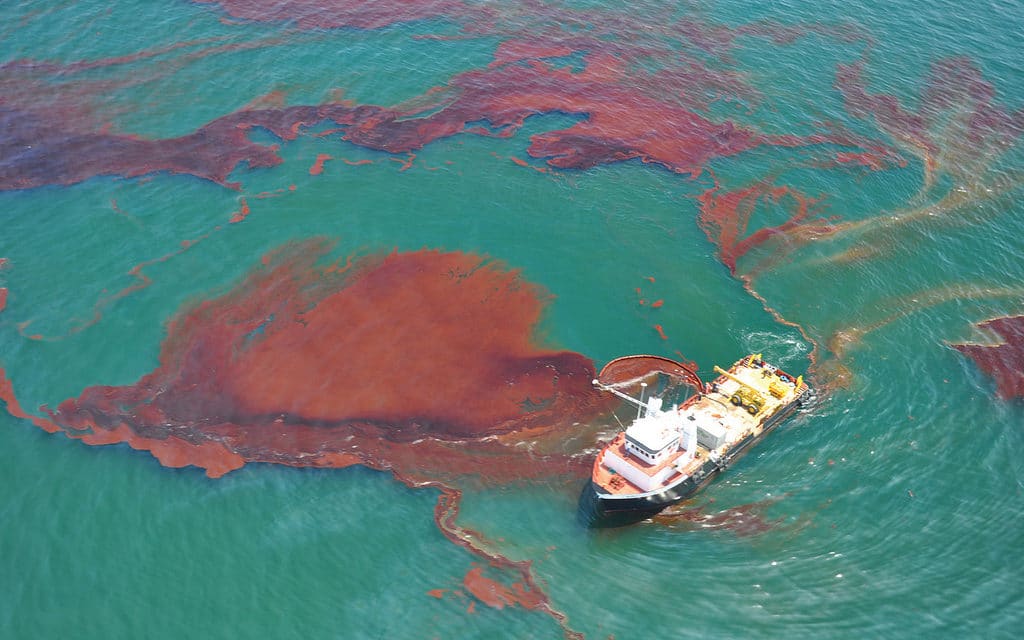Scientists Coax Oil-Gulping Bacteria into Cleaning Spills
Bioremediation for degradation of hydrocarbons is a widely used alternative for the recovery of contaminated sites. Now, researchers at the INRS in Canada have isolated the key enzymes that a oil-hungry bacterium, Alcanivorax borkumensis, uses in order to clean oil samples in lab. These enzymes give it the special ability to use hydrocarbons as a source of energy.
This microorganism exists in every ocean and multiplies quickly where there are high concentrations of oil. In fact, this bacteria is likely responsible for some of the natural degradation of ocean spills, but researchers want to amplify this effect to speed up the clean up process. The enzymes in the bacteria do the work and in particular the hydroxylases are very effective and resistant to chemical conditions.
Since its remedial potential had not been assessed, the team characterized the enzymes produced and revealed thr presence of hydroxylases that are resistant to chemical conditions and far more effective in promoting hydrocarbon degradation than those found in other species..
When applied to samples of contaminated soils, purified enzymes from A. borkumensis effectively degraded over 80 percent of some hydrocarbon compounds. The degradation efficiency for different concentrations of petroleum hydrocarbon
substrates was significant, reaching 73.75 percent for 5000 ppm of hexadecane, 82.80 percent for 1000 ppm of motor oil, 64.70 percent for 70 ppm of benzene-toluene-xylene and 88.52 percent for 6000 ppm of contaminated soil.“The degradation of hydrocarbons using the crude enzyme extract is really encouraging and reached over 80 percent for various compounds,” says Satinder Kaur Brar, lead researcher on the study. “The process is effective in removing benzene, toluene, and xylene, and has been tested under a number of different conditions to show that it is a powerful way to clean up polluted land and marine environments.”
The researchers plan to continue studying how A. borkumensis metabolizes these hydrocarbons, and figure out how they might be put to work cleaning up real-life oil spills.
































